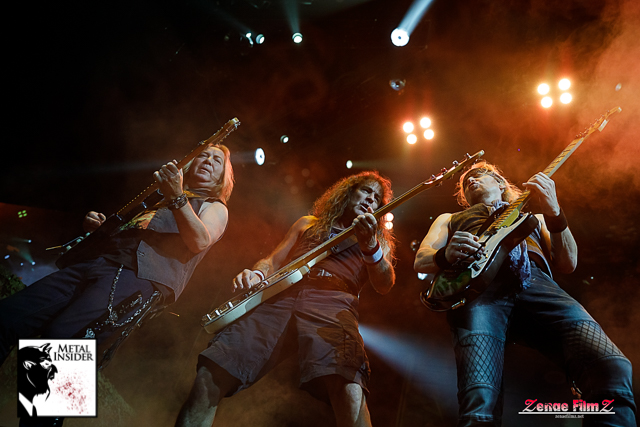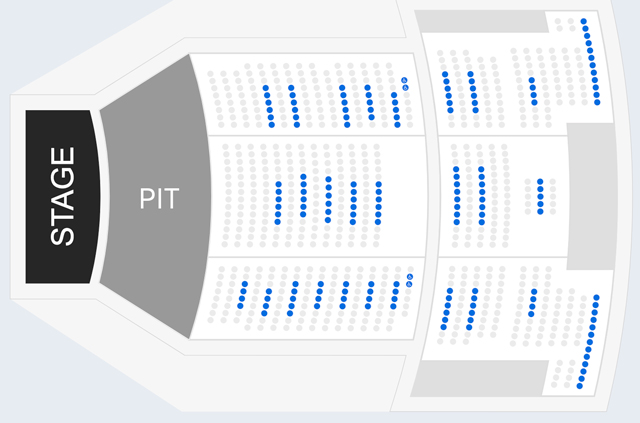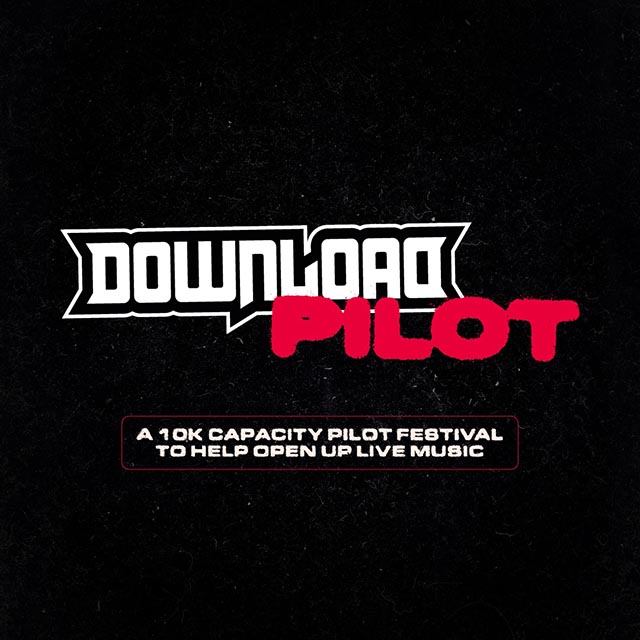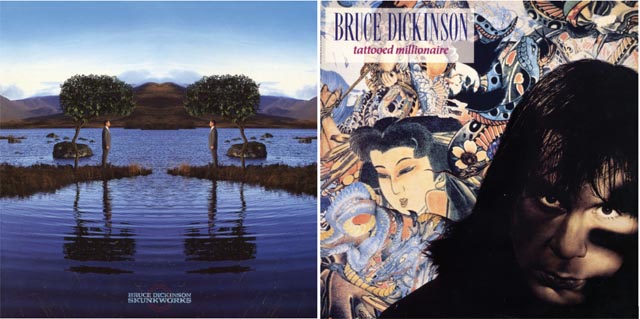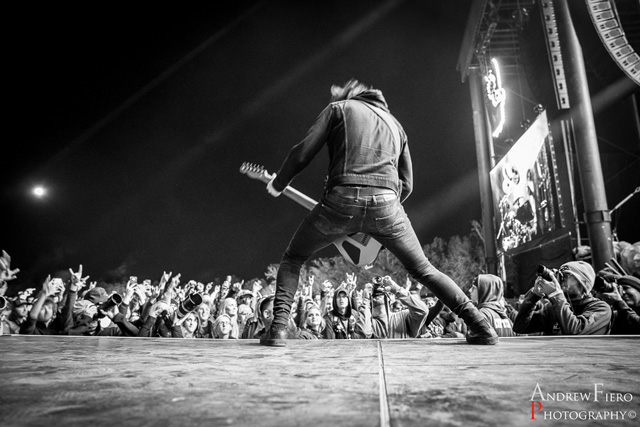
There is some promising news coming out of Germany in regards to concerts in the age of COVID-19. A new study by scientists at Halle University has found that concerts provide a low risk of virus transmission when proper precautions are taken to ensure safety.
In August, an experimental concert took place at Leipzig Arena. There, 1212 participants took in a show by singer-songwriter Tim Bendzko under three separate circumstances: one without restrictions (like before the pandemic), one where there are moderate restrictions (such as mask-wearing, checkerboard seating, increased ventilation and twice as many entrances), and one with extreme restrictions (such as limited seating and four-times the entrances). Participants (who had been tested for the virus before entering the experiment) were given respiratory face masks, fluorescent hand gel and “contract tracker” transmitters to help gauge the results.
The study found that with no precautions, transmission was high, especially at heavy contact points like entrances/exits and during intermissions when people would be closer than 1.5m (approximately 5ft) for longer than 15 minutes. However, even with moderate precautions, the likelihood that someone will contract the virus was cut significantly. More entrances and space between people meant less contact for less time and therefore less spread.
One stand-out point though was ventilation. When the jets in the arena were turned on and more air was circulating, the density of aerosols were reduced drastically. In the study, scientists found that the number of people exposed with increased circulation was 10 as opposed to 108 exposed when the vents were off.
Dr. Michael Gekle, one of the scientists involved in the study, told the New York Times about the finding, “We knew that ventilation was important but we didn’t expect it to be that important.”
Of course, this is only one study and therefore has missed a few factors. The scientists here focused on seated events with proper adherence to hygiene. In their conclusion, they mention that large events like sporting events (where people are likely to be nearer to others for longer during entry) and rock concerts (with a majority of people standing in minimal space and moving around so there are more opportunities to infect more people) could be different.
The full study can be found here.
Metal Injection reports that there are other, similar studies being conducted in various other European countries.
The COVID-19 pandemic has had a disastrous impact on the live music industry. Since mid-March, venues have been shut down and touring came to a halt, leaving many without income for months. According to the National Independent Venue Association (NIVA), if there is no government assistance, up to 90% of independent venues could shutter for good. Many professionals in the industry, including Live Nation, believe that live shows won’t return in full until late 2021 or 2022.

